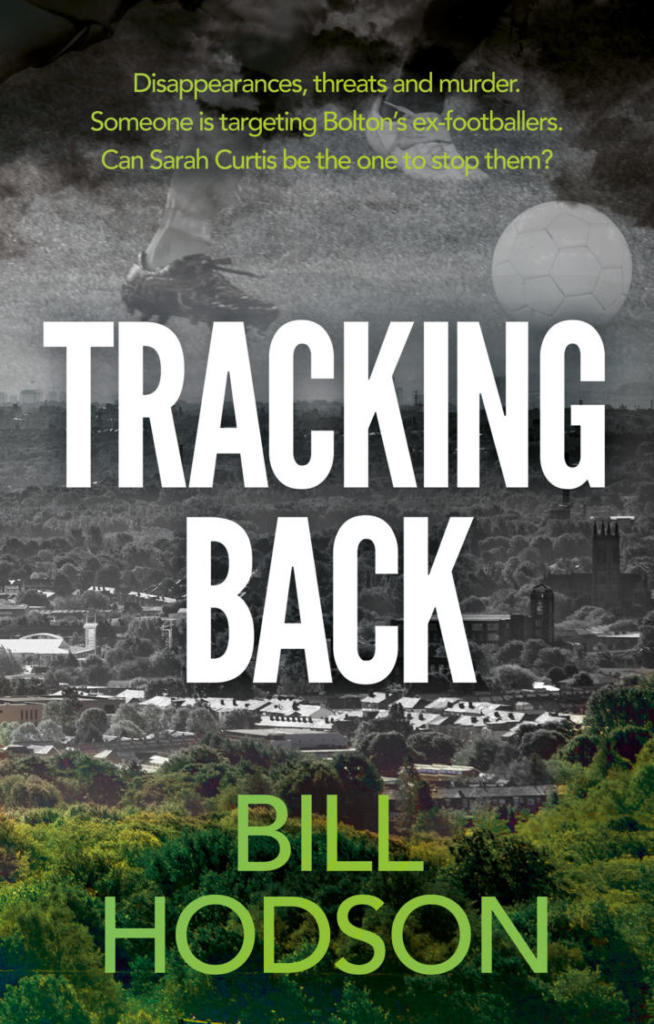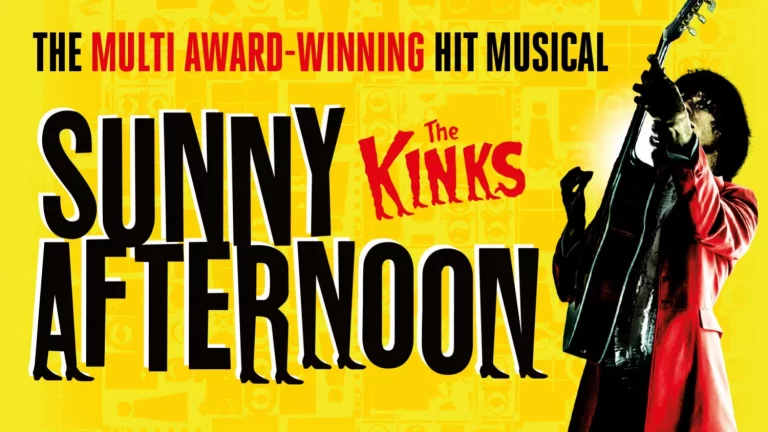
This month we had the privilege of sitting down with Bill Hodson, a former York City Council official, on the launch of his debut novel, Tracking Back. It’s a thrilling detective story set in the unlikely world of Bolton Wanderers Football Club. We discuss everything from his career, his upbringing in Bolton, love of football and how he transformed it all into the novel.
Tell us a bit about yourself
I’m Bill Hodson. I’ve lived in York now for over 30 years. I moved up here from London to take a job with the City Council and ended up as Director of Housing and Adult Social Services. Then in 2010 there was a restructure, which is very common in local authorities, and the department I managed got split up. I decided it was time for me to do something different. I’ve had this dream of writing ever since I was a kid.
Actually when I did take the redundancy and leave the Council, I realised it had opened up the possibility to do all the things [I had always wanted]. It’s taken me a while to get here but I [finally] turned my hand to writing a novel.
I understand that the inspiration for the novel began with a dream you had, is that right?
[even though] I think of York as my home now and I’m very happy here, I think where you’re born does have this hold upon you, and I realise that I often have this dream, which is a very common dream for people — you’re trying to get from one place to another and you can’t get there.
And every step takes you further away from your goal, and you end up carrying more things. Nearly always when I have this dream, I’m in the childhood place that I was brought up — Tongue Moor in Bolton.
Is the football club a big part of your connection to Bolton as well?
The book’s got a football theme but it’s not really about football. It’s really about the place that football has in society and the obligations and the feelings that we have. And the way it kind of, is a barometer for the well-being of a place.
So we have this emotional connection with the place [the football club] and when it’s gone, you realise that the memories you’ve got are very difficult to access ‘cause you can’t go back. (sic)
Does Sarah’s [the main character] journey in the book follow a similar pattern, in that she’s drawn back to Bolton by powers beyond her own control?
She’s made her life somewhere else and she’s having a successful career in that place, but we all find we have obligations to the past and to our parents, even if we didn’t have a great relationship with our parents. And this draws her back in, I think against her will.
And I think for all of us in all of our situations, you know whether it’s about our ethnic identity, our gender and sexuality or just our sense of ourselves as a person — this issue of identity is such a big thing in society. I feel stronger as a person knowing where my roots are and knowing how to find those roots. I think it gives you kind of stability in your life.
Did your time working in York Council as the director of housing and social services have an impact on your writing?
In the book, when the detective Taylor starts to go and interview people, the ex-footballers, he meets are people who are in a terrible situation and that certainly is reflective of what I found in such settings.
For someone of my generation, we know that even the guys who won the World Cup in 1966, half of them ended up with dementia. A lot of them had no money. When they finished, they went back to being lorry drivers, undertakers, travelling salesman.
There are lots of people who are kind of, not exactly invisible, but they are rarely seen because they’re maybe stuck at home and they’re not able to go out — they’re leading pretty difficult lives and I wanted to reflect that in some way.
Will there be a sequel?
I am writing a sequel now.
Whether anybody wants to read it, we’ll wait and see.
You basically come to these people out of your own imagination and you get, you know, you spend a year with them and you have to inhabit their skins a little bit to actually make it work. So it is a bit sad to say goodbye to them, so I thought — I think there’s another book in this.
In that sequel do you think we might see Taylor [the detective] walking the streets of York?
You never know.
As a final point, why do you think local people should be interested in reading Tracking Back?
Well, I’ve written this absolutely as an entertainment, and although it’s very particularly about a place [Bolton], I think that is often quite an attractive thing.
When you start off writing and you start contacting publishers and agents, they’ll often say we’re looking for people who will take us to a place we’ve never been, and usually they mean you know an exotic place. You know Sri Lanka or Thailand or somewhere in Africa. Well, actually — Why not go to Bolton? A lot of people won’t have been to Bolton. I’ve done a lot to actually make it based on real places that I know — there’s a kind of universality about that.
The problem I find with a lot of crime mysteries is that they’re overly dependent on the reveal at the end, you know what is the solution and often I think when you get to that bit, the denouement, you think oh is that is that it?
I wanted to avoid the is that it feeling, so it’s important for me that I’ve got a cast of characters who are quirky and interesting and amusing. It’s got thrills and spills and tension with and it’s got a mystery we don’t quite know what’s going on and how it’s going to end. So what people will remember is the journey, and I hope they will find the ending satisfying. So I think he’s got the ingredients that people would find that they’d want to have in an entertaining book.
Tracking Back released on the 28th of July, head over to www.youtube.com/@BillHodson to hear an extract or visit www.bookguild.co.uk to pick top a copy.










Add a comment